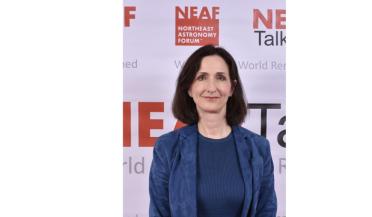 November 2025
Searching for life beyond Earth
November 2025
Searching for life beyond Earth
... was merely a rare occurrence or if it’s something that happens regularly throughout the universe. Whether it’s on Venus, Enceladus, Europa or even subsurface Mars, we are eager to find any evidence of life. The implications of such a discovery would...
 11 February 2016
$19 Billion NASA Budget Proposed by White House
11 February 2016
$19 Billion NASA Budget Proposed by White House
... of $111 million, while planetary science would be cut by that amount. The proposal includes nearly $50 million for a Europa mission, far less than the $175 million appropriated in 2016. The proposed budget includes $217 million...
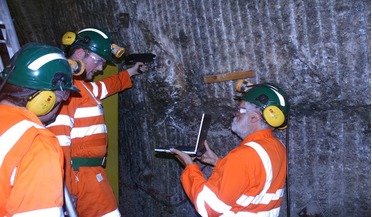 28 September 2016
Yorkshire mines to help shed light on life on Mars
28 September 2016
Yorkshire mines to help shed light on life on Mars
... spectrometer will find itself on other missions that are currently considered for destinations such as Phobos and Europa.
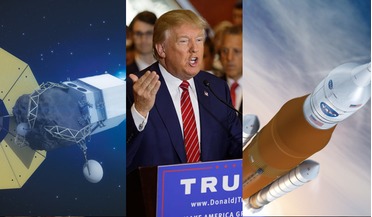 20 January 2017
Winners and potential losers of the Obama and Trump administrations
20 January 2017
Winners and potential losers of the Obama and Trump administrations
... so too are solar-system missions such as searching for signs of life in the oceans of Jupiter’s icy moon, Europa, if reports by Texas congressman Lamar Smith, chairman of the House committee on science, space, and technology and an early...
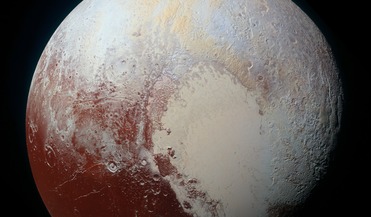 20 March 2017
Scientists challenge how planets are defined
20 March 2017
Scientists challenge how planets are defined
... and now one scientist is determined to change how we think about Pluto and other small bodies such as Europa by redefining what it means to be a planet. Kirby Runyon from Johns Hopkins University, along with six colleagues from...
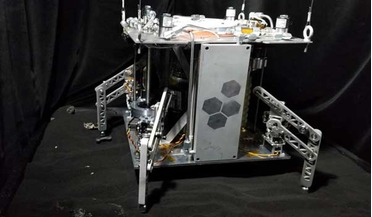 14 January 2019
New steam-powered asteroid hopper that could run 'forever'
14 January 2019
New steam-powered asteroid hopper that could run 'forever'
... research scientist Phil Metzger. “It’s awesome. We could potentially use this technology to hop on the Moon, Ceres, Europa, Titan, Pluto, the poles of Mercury, asteroids — anywhere there is water and sufficiently low gravity,” explained Metzger...